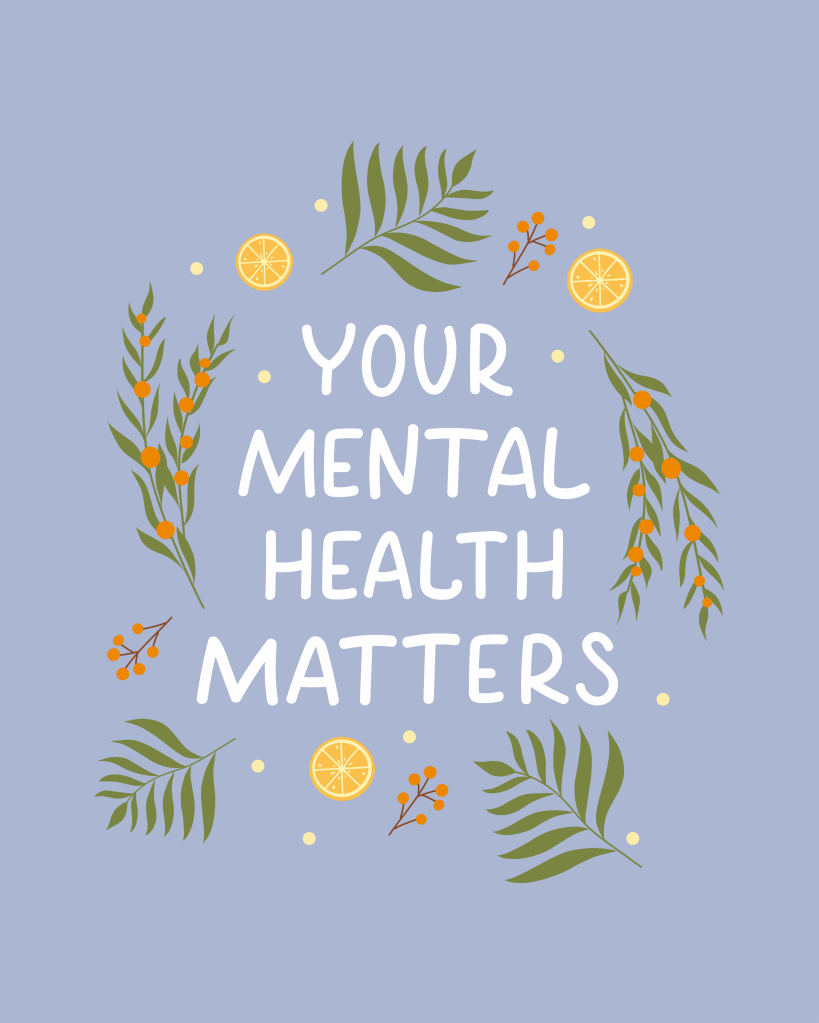In the pursuit of overall health and well-being, the importance of mental health has often been overlooked or relegated to the sidelines. However, recent studies and societal shifts have underscored the critical link between mental and physical health, highlighting that they are not distinct entities but rather intricately interconnected aspects of our well-being.
Mental health encompasses our emotional, psychological, and social well-being, affecting how we think, feel, and act. It influences how we handle stress, relate to others, and make choices in our daily lives. In essence, it’s the foundation upon which our overall well-being is built.
One of the primary reasons mental health is as important as physical health is its profound impact on our physical well-being. Research has consistently shown that mental health disorders, such as depression and anxiety, can significantly increase the risk of developing chronic physical conditions like heart disease, diabetes, and even cancer. Moreover, mental health issues can exacerbate existing physical conditions, leading to poorer treatment outcomes and reduced quality of life.
Beyond its implications for physical health, mental well-being also plays a crucial role in our productivity, relationships, and overall quality of life. Poor mental health can impair cognitive function, decrease work performance, and strain interpersonal relationships. In contrast, maintaining good mental health enhances resilience, fosters creativity, and promotes social connections, ultimately leading to a more fulfilling life.
Furthermore, the societal and economic costs of neglecting mental health are staggering. Mental health disorders impose a significant burden on healthcare systems, economies, and communities worldwide. From lost productivity and absenteeism in the workplace to increased healthcare expenditures and reduced educational attainment, the consequences of untreated mental health conditions reverberate throughout society.
Addressing mental health with the same level of urgency and resources as physical health is essential for creating a healthier and more equitable society. This includes improving access to mental health services, reducing stigma surrounding mental illness, and integrating mental health promotion into various sectors, including education, workplaces, and communities.
Fortunately, there is growing recognition of the importance of mental health on both individual and societal levels. Initiatives promoting mental health awareness and resilience-building are gaining traction, and conversations about mental health are becoming more open and destigmatized.
As we continue to navigate the complexities of the modern world, it’s imperative to recognize that mental health is not a luxury but a fundamental human right. Just as we prioritize physical health through exercise, nutrition, and medical care, we must also prioritize mental health through self-care, social support, and professional intervention when needed. Only by embracing a holistic approach to health can we truly thrive as individuals and as a society.





